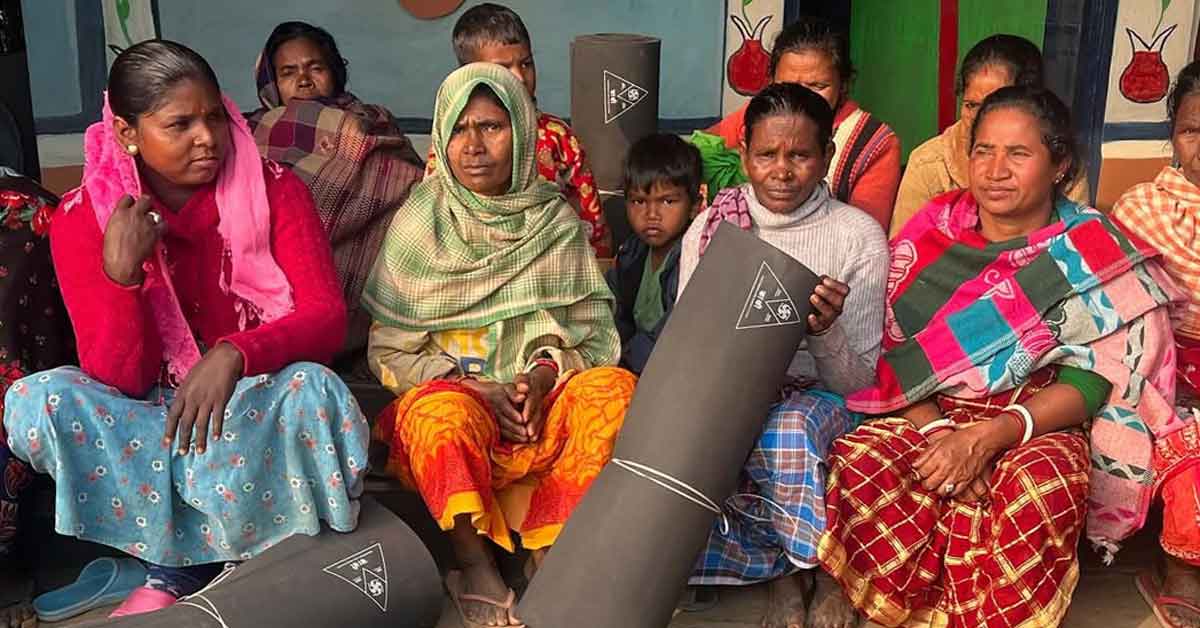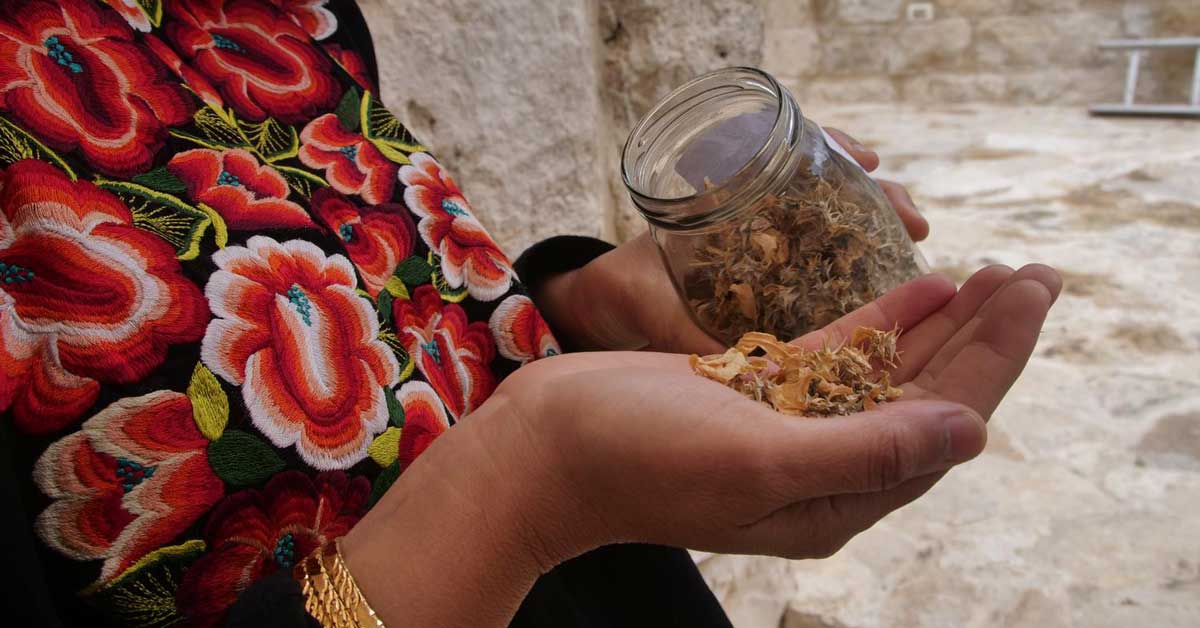Growing up in Biratnagar, Nepal’s industrial hub, 16-year-old Priyanshi Poddar has first-hand experience with the overwhelming piles of rubber waste that accumulate from local factories.
Witnessing this waste pollute local waterways, combined with the shattering impact of the 2015 Nepal earthquake, Poddar was driven to do something to help.
So, she started Project Saathi.
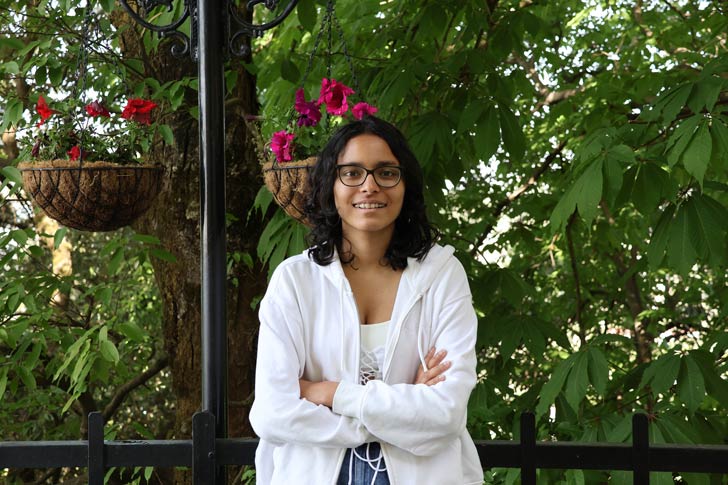
Saathi is a word that means “friend” or “companion” in Nepali, and that’s exactly what it continues to represent for Poddar.
“Saathi is a project dedicated to addressing homelessness and environmental degradation in Nepal,” Poddar explains on her website.
“By upcycling rubber remnants from the footwear industry into durable mats, we provide a dual solution: improving the living conditions of homeless individuals and reducing environmental pollution caused by rubber waste.”
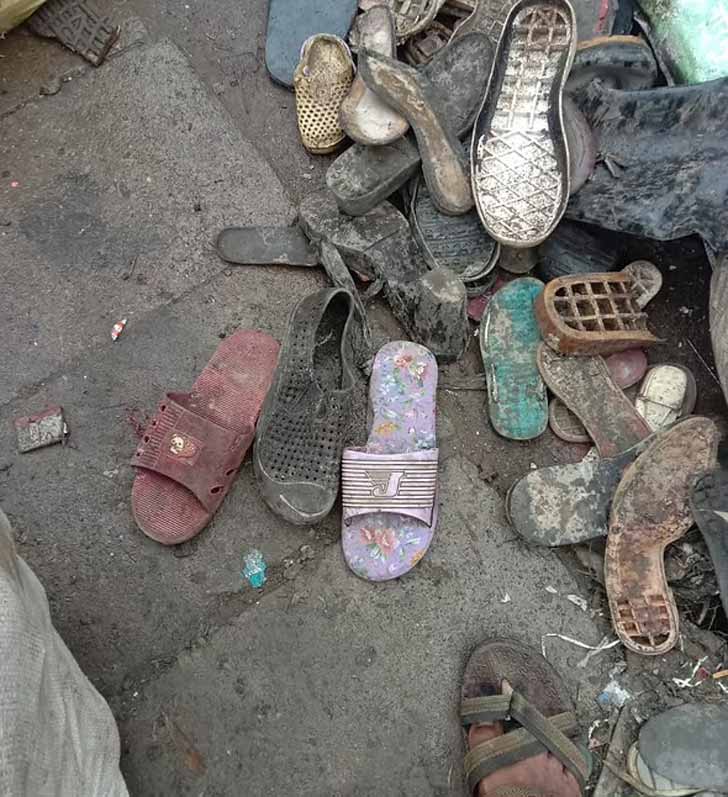
She began by collecting the discarded rubber from local streets and landfills and then set up collection boxes for old footwear across the city. Then, Poddar and her team upcycle the waste into durable, multipurpose mats. (They also make new clogs, too.)
The mats are essential to people experiencing homelessness, people displaced by disaster, and families living in poverty. They provide a clean, insulated surface for sleeping, studying, and even playing, giving people a dignified place to land instead of a cold floor.
“My mission is to offer dignity and comfort to those in need while promoting sustainable practices in waste management,” Poddar added on her website.
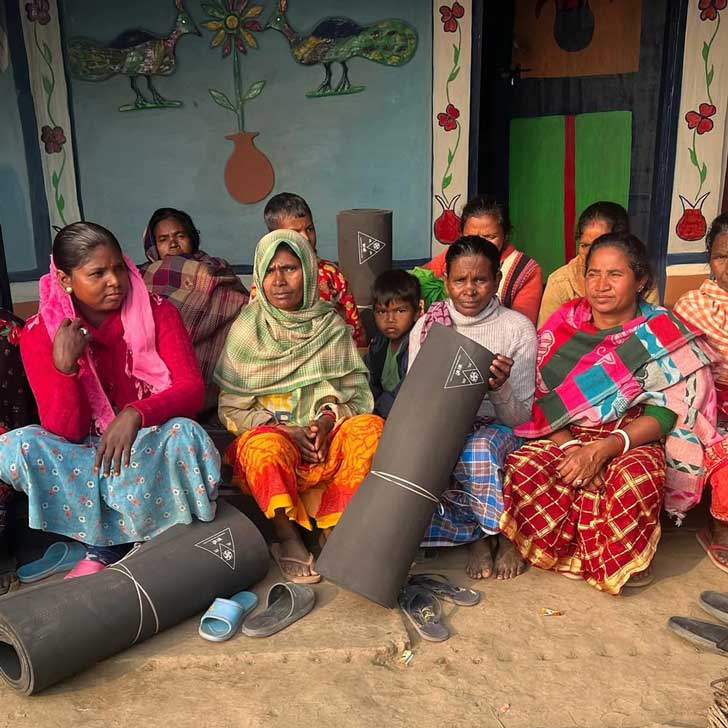
“Through Saathi, I aim to inspire communities to collaborate on innovative solutions to local challenges, fostering a culture of compassion and environmental stewardship.”
Since Project Saathi’s launch in May 2023, Poddar has led 15 distribution drives across Nepal. In October 2023 — just a few months after launching — she partnered with the Nepali government to provide 200 mats as urgent relief following an earthquake.
Over 4,000 individuals have since benefited from the project, with over 1,000 upcycled mats and 2,500 pairs of clogs distributed to people in need.
The project has also successfully recycled over 250 kilograms of toxic rubber waste and prevented the release of approximately 3 metric tons of carbon emissions.
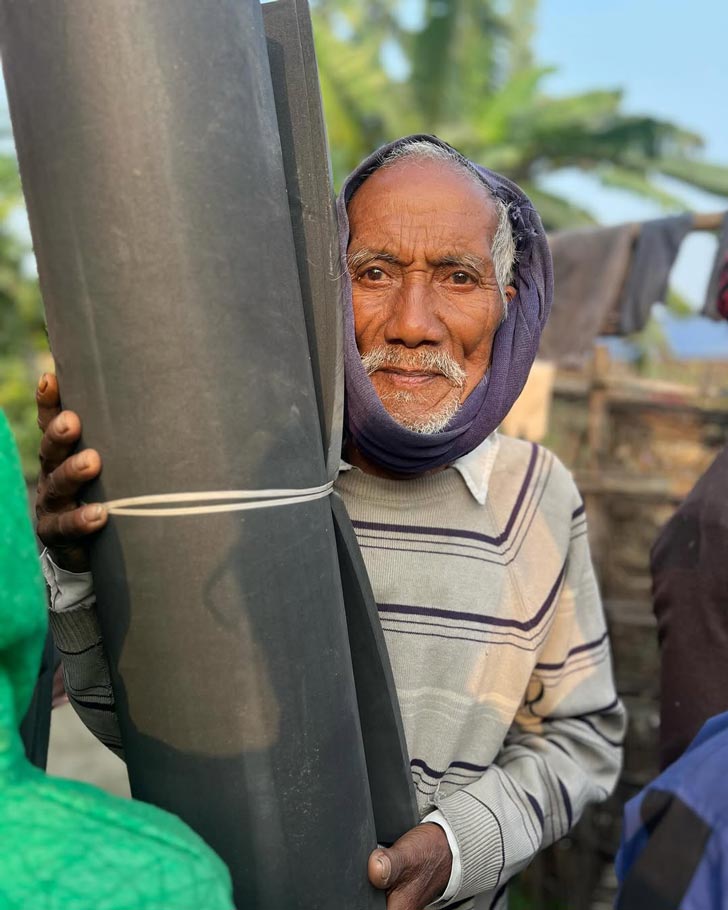
“With every mat distributed, we provide immediate relief to homeless individuals and contribute to a cleaner, more sustainable future for Nepal,” Poddar writes.
Just recently, she was recognized for her work as one of fifteen young environmental activists from across the globe, receiving first place in her age group in the 2025 International Young Eco-Hero Awards.
The awards, which are led by the nonprofit Action for Nature, recognize youth aged 8-16 who are taking steps to solve the climate crisis.
“While leaders worldwide struggle to protect the environment, global youth activists constantly remind us that transformative change often starts small. This year’s Eco-Heroes are another powerful reminder that the future of our planet is in good hands,” Beryl Kay, president of Action for Nature, said in a statement.
“By honoring the trailblazing work of young environmental activists worldwide, we are celebrating the hope, creativity, and passion we all need to harness in order to protect the Earth.”
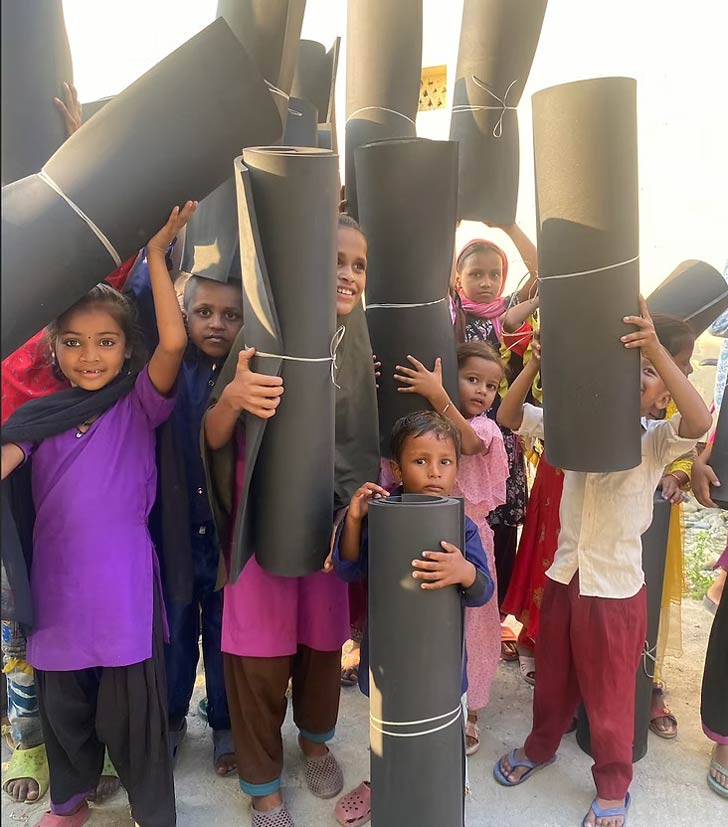
Poddar’s award honors her commitment to sustainable solutions, as well as her leadership among young students like her.
She actively involves young people in her distribution drives and furthers educational efforts to understand how environmental degradation and social inequality go hand-in-hand.
Through her ongoing recognition, Poddar has also secured $3,000 in funding from the International Baccalaureate Global Youth Action Fund, which awards monetary support to students ages 12 to 19 who have a project or idea that will improve the world.
“Priyanshi doesn’t just apply for opportunities — she sees them through, even when the process is long, demanding, or uncertain,” her IB program coordinator, Prabin Rai, said in a statement.
“Priyanshi doesn’t wait for change to happen. She leads it.”
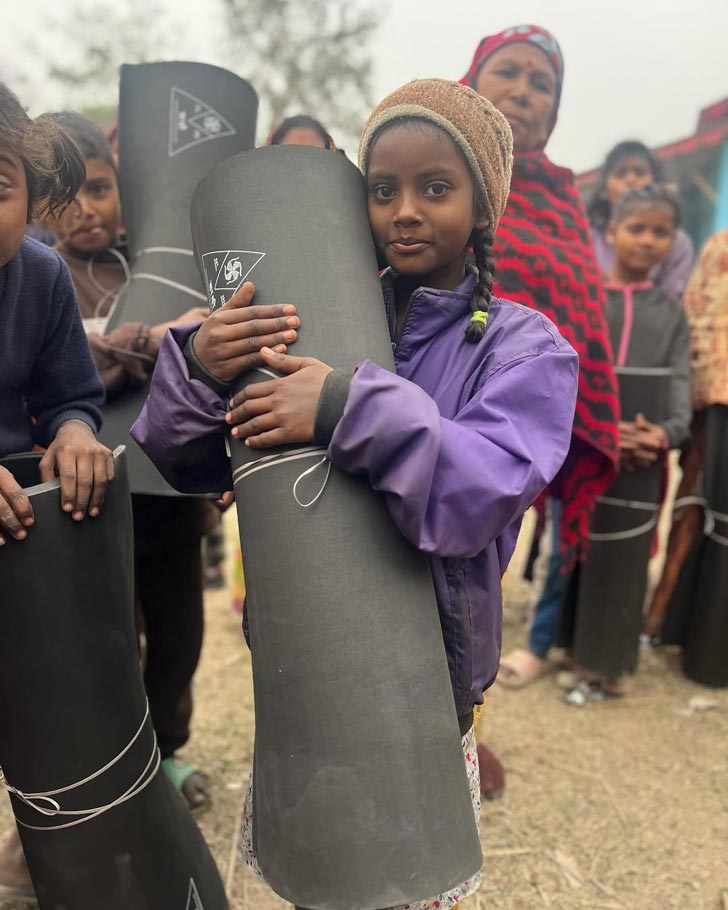
In the coming years, Poddar has ambitions to expand Project Saathi’s reach, with a goal to recycle over 400 kilograms of rubber waste and distribute 3,000 more mats by the end of 2026.
“Working on Saathi has been one of the most meaningful experiences for me,” Poddar said in a video for the 2025 Eco Hero Awards.
“From understanding local waste issues to seeing the real impact small actions can have, to me, Saathi is more than just mats. It’s about compassion and creativity coming together to care for both people and the planet.”
You may also like: Man invents 'backpack beds,' aims to give one to every person sleeping on the street in his city
Header image courtesy of Project Saathi
